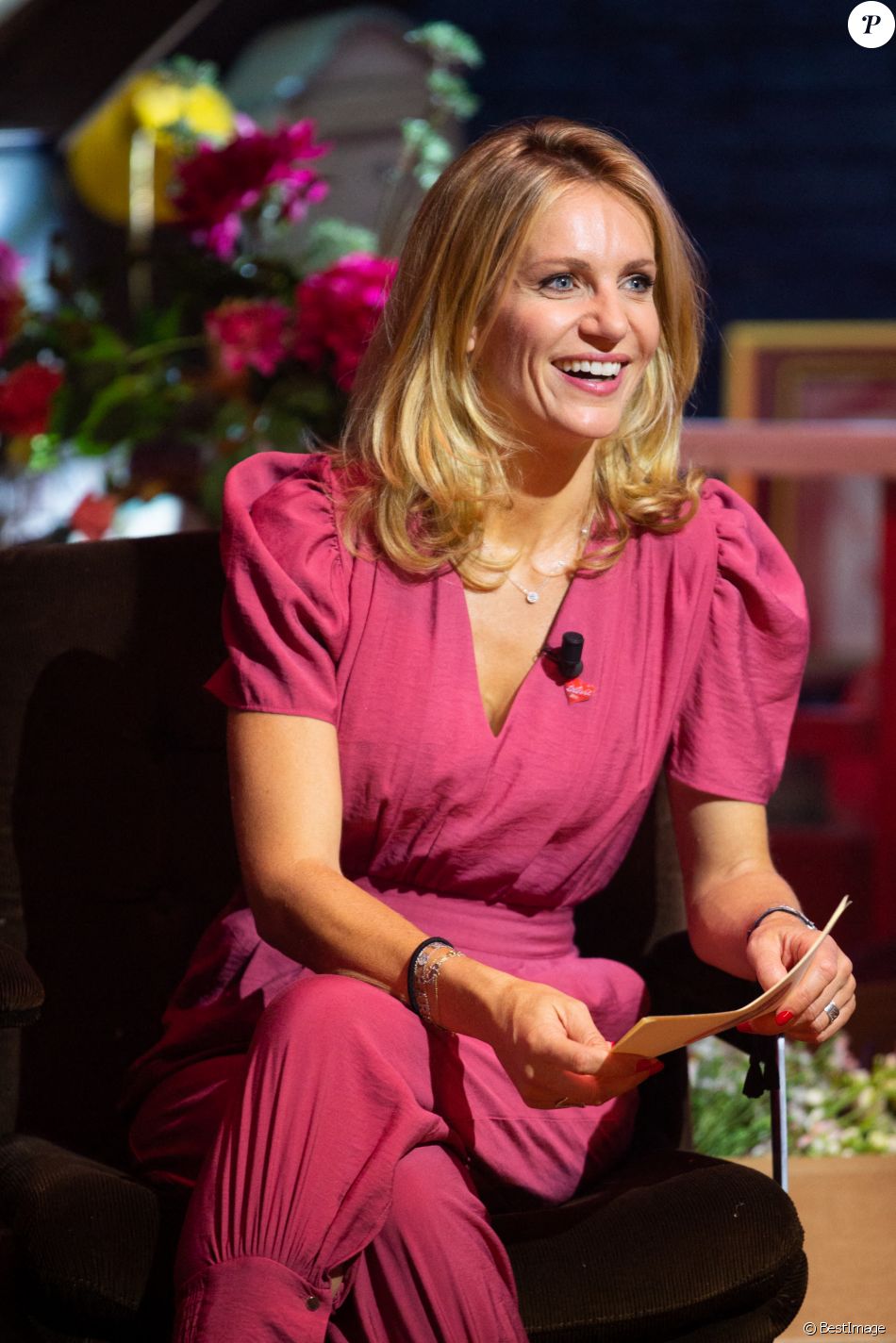

La Bibliothèque et Archives des Nations unies à Genève Suivez la Mission permanente du Maroc auprès de l'ONU Genève sur Twitter :

Il évoque également les souhaits du Maroc pour la communauté internationale, exprimant l'importance de la coopération multilatérale et les défis auxquels le multilatéralisme est confronté aujourd'hui. L'ambassadeur Zniber raconte le parcours historique du Maroc, les défis auxquels il est confronté aujourd'hui, ainsi que son rôle au niveau régional et mondial, tout en partageant comment il a commencé à travailler dans la diplomatie. Notre directeur de la Bibliothèque et Archives des Nations Unies à Genève, Francesco Pisano, est rejoint par le représentant permanent et ambassadeur du Royaume du Maroc auprès de l'Office des Nations Unies à Genève et d'autres organisations internationales, Omar Zniber.Įn 1956, le Royaume du Maroc a rejoint les Nations Unies. Recorded & produced at the United Nations Library & Archives GenevaĬet épisode poursuit notre série de conversations avec des ambassadeurs auprès de l'Office des Nations Unies à Genève, où nous explorons leurs points de vue en tant que diplomates dans un système multilatéral et ce que l'ONU signifie pour eux aujourd'hui. Social media designs: Alma Rinaldi & Natalie Alexander Marieke LouisĮditors & Producers: Amy Smith, Alma Rinaldi & Natalie Alexander European Journal of International Relations. (2018) The social-democratic roots of global governance: Welfare internationalism from the 19th century to the United Nations. (2021) International Organization as Technocratic Utopia. (2012) “La RSE négociée: règles du jeu et contenus. (ed.) (2013) The gloss of harmony: the politics of policy‐making in multilateral organisations.

(2021) The Political Commissioner: A European Ethnography. (2017) The politics of expertise in international organizations. xxv 294),” American Political Science Review. (1978) “The Functional Theory of Politics. (2014) “Depoliticisation as Process, Governance as Practice: What Did the ‘First Wave’ Get Wrong and Do We Need a ‘Second Wave’ to Put it Right?,” Policy and Politics 42, no. (2004) Rules for the world: international organizations in global politics. Lucile Maertens is Senior Lecturer in Political Science and International Relations at IEP / CRHIM, University of Lausanne.

Marieke Louis is Associate Professor in Political Science and International Relations at Sciences Po Grenoble, PACTE, University Grenoble Alpes. Their argument is carefully constructed and very nuanced and they invite us to consider their whole book and to question everyday practices that may, as they say, “backlash”. Through current and historical case studies they examine behind the facades to reveal the common structures, mechanisms and logics of the depoliticization process at work and point to the unintended consequences and impacts on the very issues that IOs were created to address. Marieke Louis and Lucile Maerten’s book, Why International Organizations Hate Politics: Depoliticizing the World, draws on the extensive literature on functionalism and the related topic of technocracy, on anti-politics and bureaucractic multilateralism, and the wider, crosssectional research on expertise, knowledge and technicization, to systematically analyse and shine new light on the less explored topic of depoliticization.


 0 kommentar(er)
0 kommentar(er)
